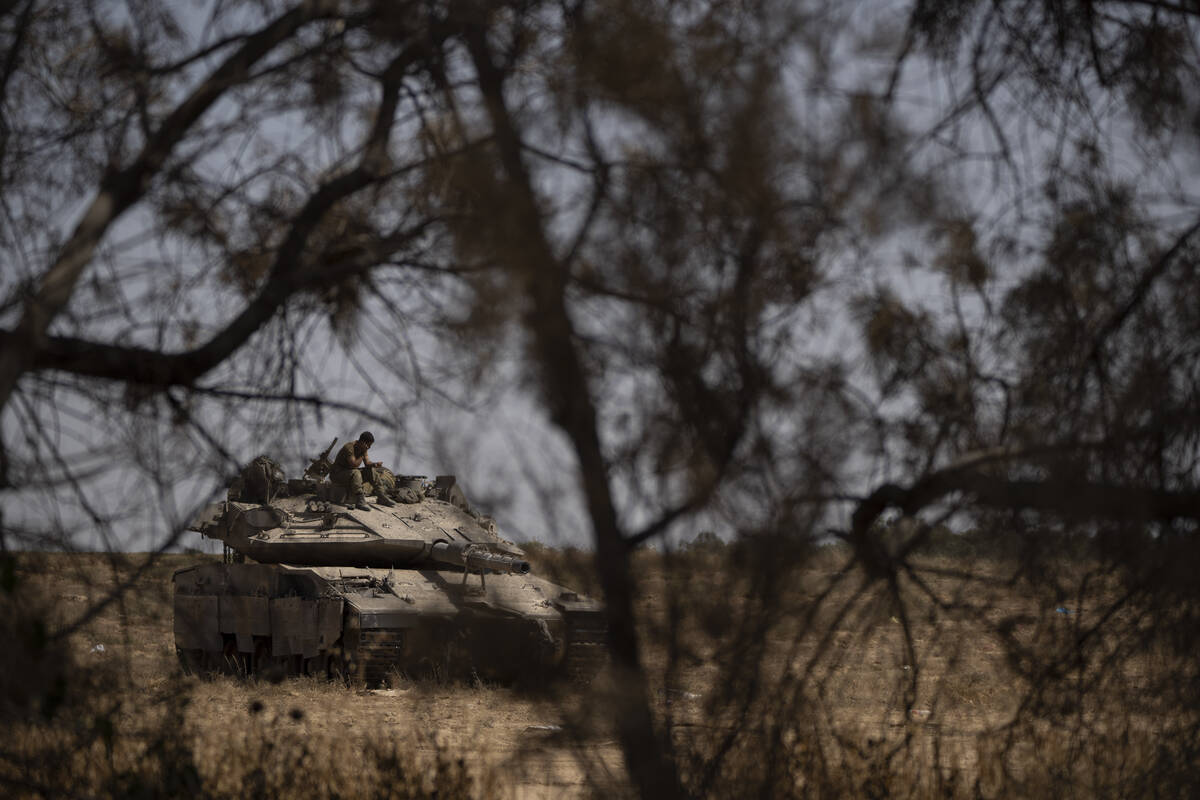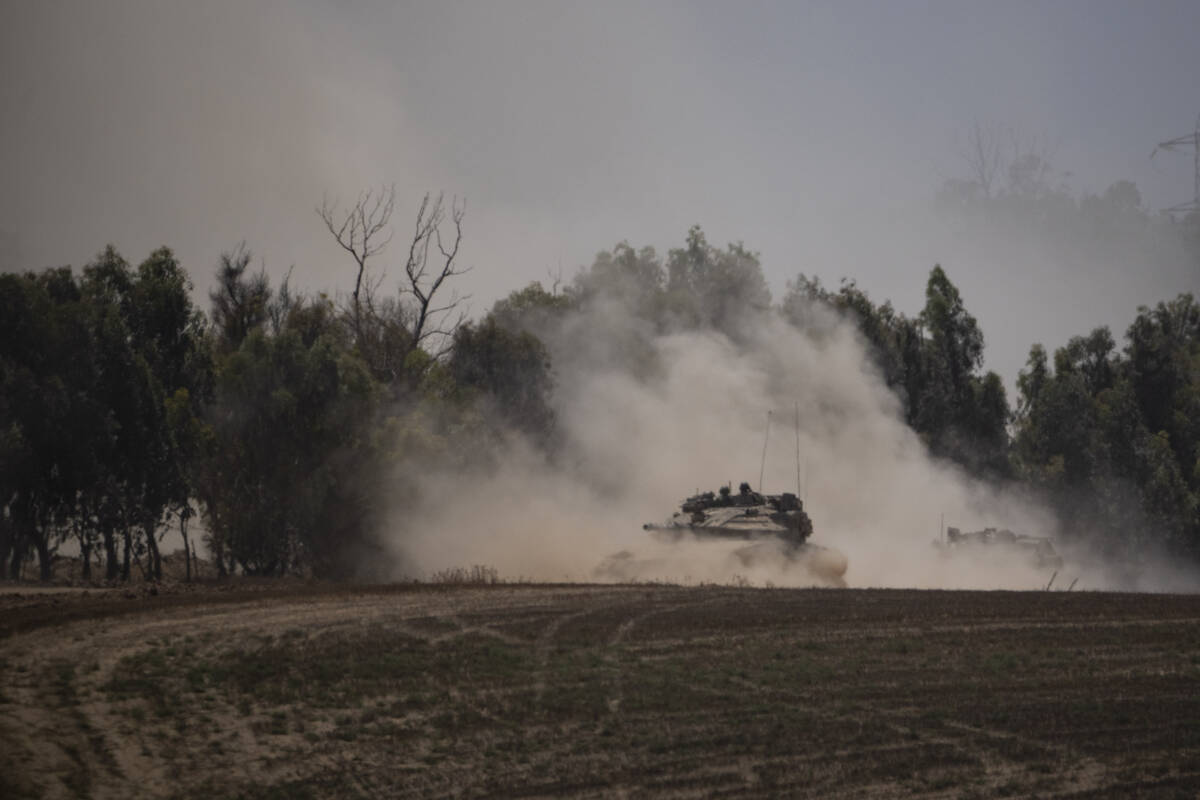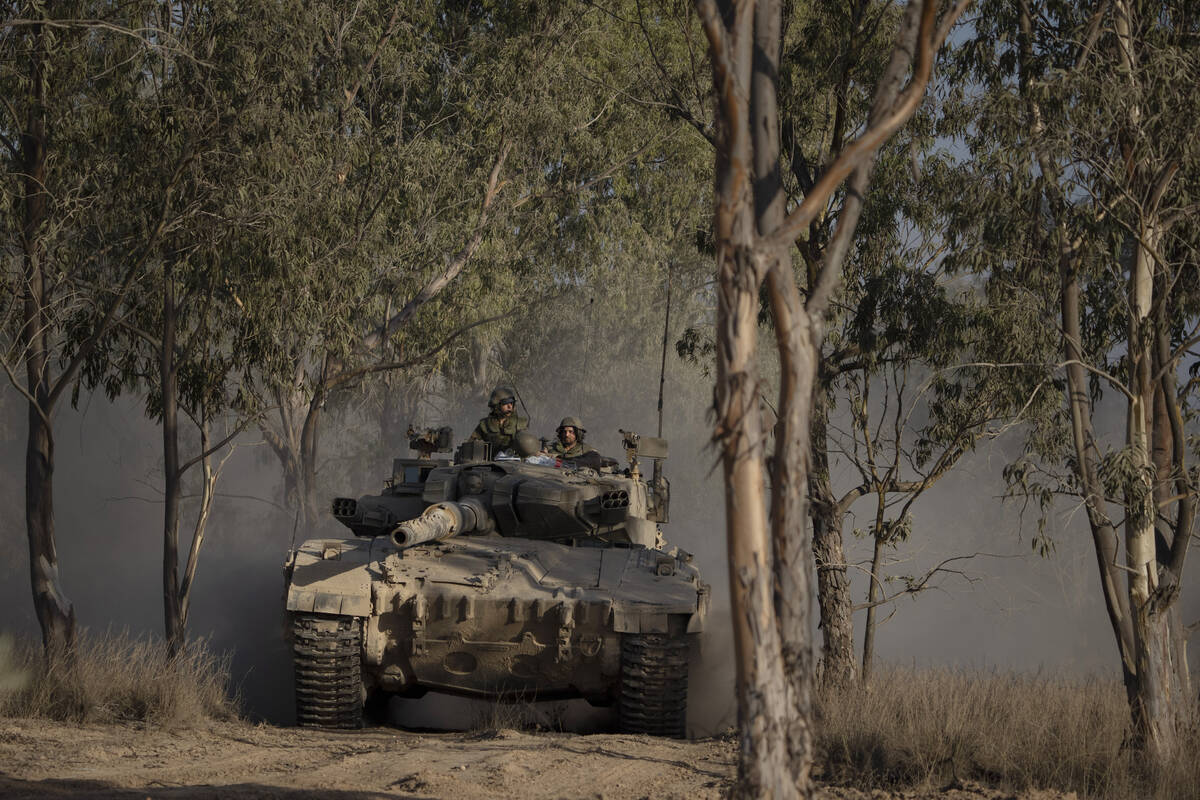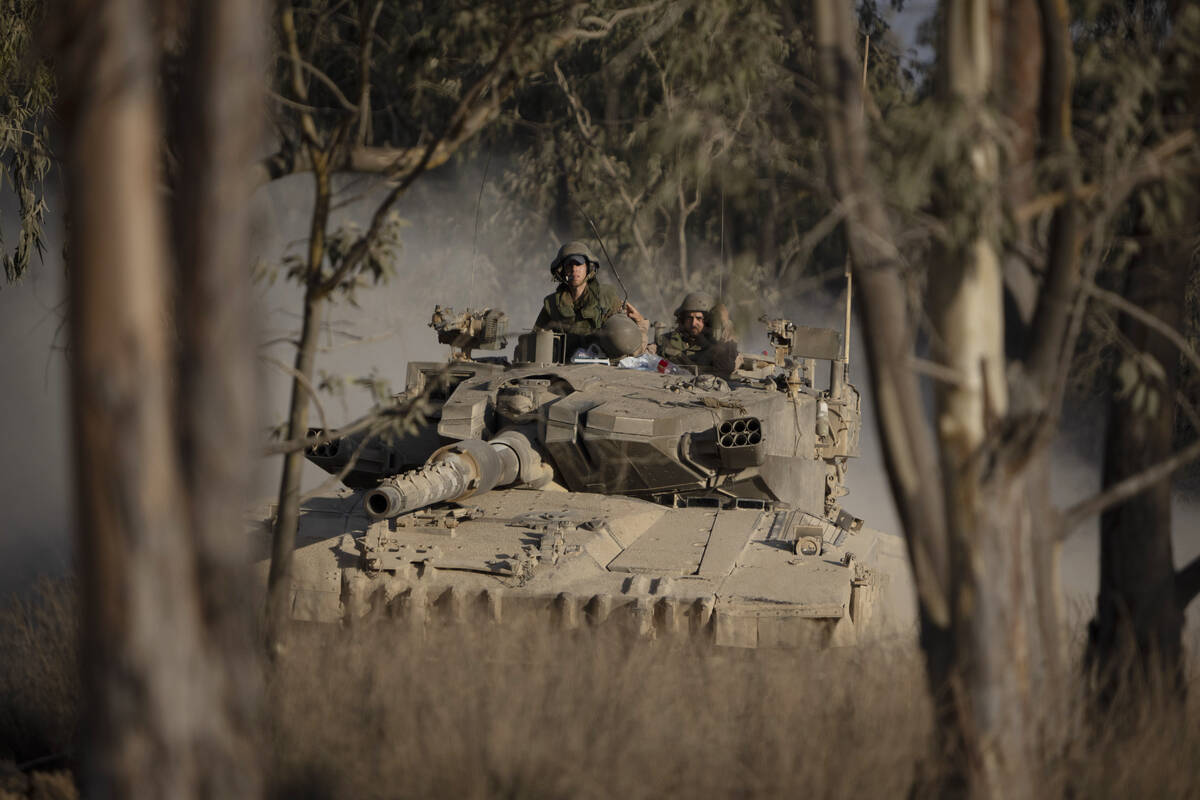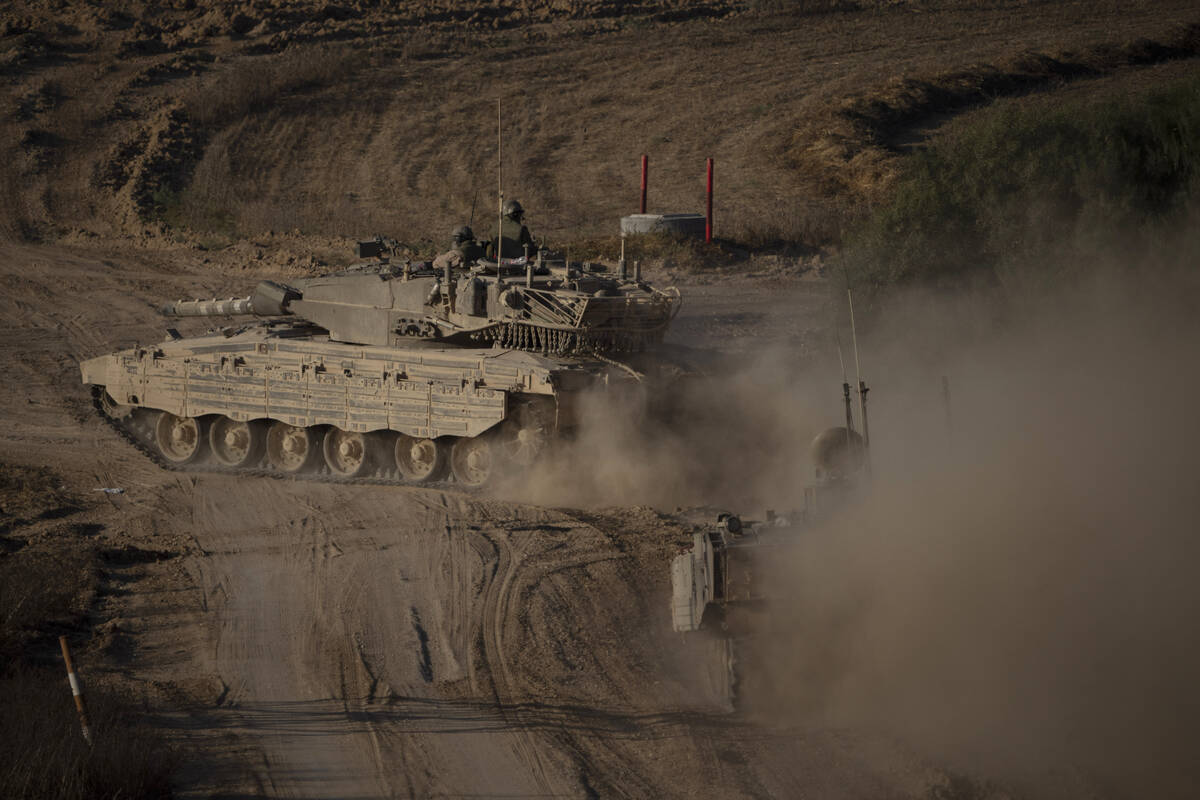UN starts to move tons of aid from US-built pier
JERUSALEM — Humanitarian workers have started moving tons of aid that piled up at a U.S.-built pier off the Gaza coast to warehouses in the Palestinian territory, the United Nations said Saturday, an important step as Washington considers whether to resume pier operations after yet another pause because of heavy seas.
It wasn’t known when the aid might reach Palestinians in Gaza. This is the first time trucks have moved aid from the pier since the World Food Program, a U.N. agency, suspended operations there because of security concerns on June 9.
In just the last week, more than 10 million pounds were moved ashore, according to the U.S. military.
WFP spokesperson Abeer Etefa told The Associated Press this is a one-time operation until the beach is cleared of the aid and is being done to avoid spoilage.
Further U.N. operations at the pier depend on security assessments, Etefa said. The U.N. is investigating whether the pier was used in an Israeli military operation last month to rescue four hostages in a raid in which more than 270 Palestinians were killed.
If WFP trucks successfully bring the aid to warehouses inside Gaza, that could affect the U.S. military’s decision on whether to reinstall the pier, which was removed because of adverse weather on Friday.
U.S. officials said they were considering not reinstalling it because of the possibility that the aid would not be picked up.
Lawlessness around humanitarian convoys is another challenge to aid distribution. The convoys have come under attack in Gaza.
An attempt to revive stalled talks
Meanwhile Saturday, a senior Biden administration official said the U.S. has presented new language to intermediaries Egypt and Qatar aimed at trying to jump-start stalled Israel-Hamas negotiations.
The official, who requested anonymity to discuss the effort that the White House has yet to publicly unveil, said the revised text focuses on negotiations that are to start between Israel and Hamas during the first phase of a three-phase deal that President Joe Biden laid out nearly a month ago.
The first phase calls for a “full and complete cease-fire,” a withdrawal of Israeli forces from all densely populated areas of Gaza and the release of a number of hostages, including women, older people and the wounded, in exchange for the release of hundreds of Palestinian prisoners.
The proposal called for the parties to negotiate the terms of the second phase during the 42 days of phase one. Under the current proposal, Hamas could release all of the remaining men, both civilians and soldiers. In return, Israel could free an agreed-upon number of Palestinian prisoners and detainees. The releases won’t occur until “sustainable calm” takes effect and all Israeli troops withdraw from Gaza.
The new proposed language, which the official didn’t detail, aims to find a workaround of differences between Israel and Hamas about the parameters of the negotiations between phase one and phase two. Hamas wants negotiations centered on the number and identity of Palestinian prisoners to be released from Israeli jails in exchange for remaining living Israeli soldiers and male hostages held in Gaza, the official said. Israel wants negotiations to be broader and include the demilitarization of the territory controlled by Hamas.
Hamas political official Osama Hamdan said the group had yet to receive a new cease-fire proposal from mediators. Hamas political leader Ismail Haniyeh spoke by phone with the head of Egypt’s general intelligence service to discuss the negotiations, Hamas said in a statement.
The war was started on Oct. 7 after Hamas-led terrrorists crossed into Israel and killed about 1,200 people, mostly civilians, and took another 250 people hostage.
More than 37,800 Palestinians have been killed in the war, according to the Hamas-run Health Ministry in Gaza, which doesn’t distinguish between civilians and combatants in its toll.
Israeli forces have been battling Palestinian terrorists in an eastern part of Gaza City, Shijaiyah, over the last week. Israel’s military on Saturday noted “close-quarters combat.”
Elsewhere, thousands of Palestinians who remained in Gaza’s southernmost city of Rafah fled Friday for Muwasi, a coastal tent camp designated by the Israeli army as a safe zone.
More than 1.3 million Palestinians have fled Rafah since Israel’s incursion into the city in early May.



